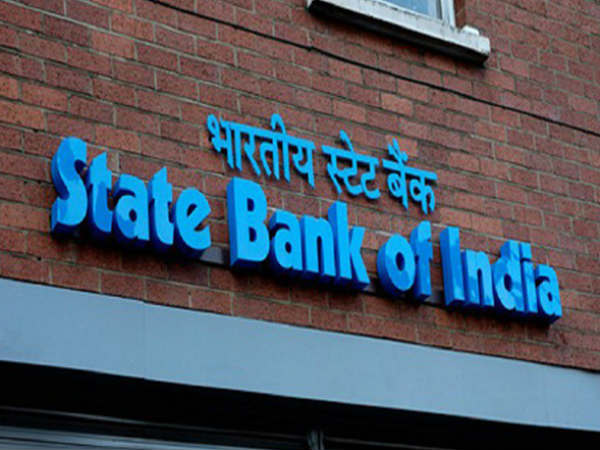India Ratings and Research (Ind-Ra) said lenders remain risk averse despite only 5 per cent of its rated 450 issuers in the mid and emerging corporates (MEC) space availing the Reserve Bank of India’s (RBI) financial restructuring facility available till December 31, 2020.
The credit rating agency, in a report, opined that bankers have remained extremely risk-averse to extend additional lending or alter the lending terms for issuers (companies) having weak liquidity, high leverage or where the credit profile is unlikely to improve in the near to medium term.
Ind-Ra observed that the relief package offered by banks and festival demand coupled with positive sentiments will partially abate the near-term liquidity headwinds for lower rated mid and emerging corporates.
Funding constraints
However, the agency expects funding constraints to increase for issuers having stretched liquidity and a weak credit profile over FY22 and FY23, reducing the financial flexibility for those that have not availed loan restructuring.
Of Ind-Ra’s rated MEC portfolio, 56 per cent of the issuers primarily belonging to the ‘IND BB’ and below rating categories depict a stretched liquidity profile. Of these, 74 per cent belong to the Discretionary and Industrial segments.
“Developments like the fear of a second wave of pandemic…the availability of liquidity with the issuers at end-1H (April-September) FY22 once the additional bank funding availed is exhausted are key monitorables,” said Shivani Suvarna, Analyst, Ind-Ra.
Ind-Ra believes that notwithstanding the short-term liquidity relief, reverting to the pre-Covid profile would be prolonged, especially for the ones belonging to the Discretionary segment.
The agency said it will continue to monitor the credit and liquidity profile of the issuers in the MEC space and could take negative rating actions for issuers having weak liquidity or deteriorated long-term credit profile or a combination of both.
Restructuring: lower-than-expected
Ind-Ra attributed the lower-than-expected restructuring to the various government measures and faster demand recovery in the domestic market, supported by a marginal pick-up in exports in certain sectors.
“Issuers having availed restructuring are primarily rated in the ‘IND BB’ and below rating categories with stretched liquidity.
“Such issuers belong to the Industrial and Discretionary segments and operate mainly in sectors such as real estate and construction & engineering,” said Suvarna.
Ind-Ra believes the lower restructuring stems from the ₹3 lakh crore Emergency Credit Line Guarantee Scheme and the Covid-19 loans provided by banks, offering respite to issuers with weak liquidity and increasing their ability to withstand the sustained cash flow pressures caused by the Covid-19 led lockdown.
“Even though not all issuers had availed the additional funding, the same has flowed down to the entities lower down the value chain.
“Many banks have also automatically converted the interest due on the working capital loans under moratorium into term loans, thus, eliminating the need for the issuers to apply for the restructuring scheme,” the report said.
Moreover, the revised definition of micro, small and medium enterprises (MSMEs) has enhanced the access of freshly included entities to funding from the financial system.
Restructuring: Sentiments
Ind-Ra also believes that the sentiments of the issuers have played a role in them not availing the restructuring scheme. The liquidity crunch endured by the issuers in 1HFY21, backed by the onset of a recovery in 3Q (October-December) FY21, has led to a belief of their increased resilience towards their liabilities.
The opening of offices, factories, retail stores and malls backed by the festival and marriage season demand has led to the issuers witnessing a steady recovery in their credit profiles over October – December 2020, the report said.
Recovery for players operating in the textile sector was augmented by a demand improvement in their export markets. The production and consumption of steel have been improving month on month, backed by an increase in demand, reflecting in its prices.
The automobile industry also grew 6 per cent year on year on December 31, 2020, aided by festival demand, thus imbibing confidence in the small-medium scale auto dealers and OEM manufacturers.
